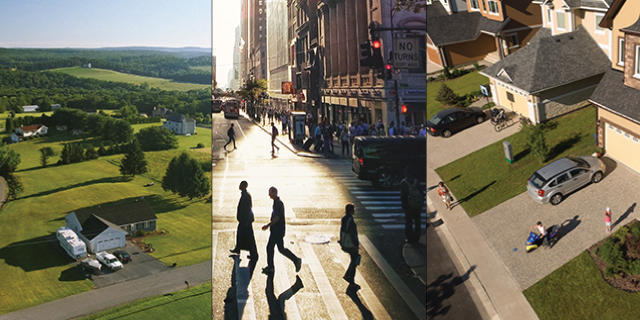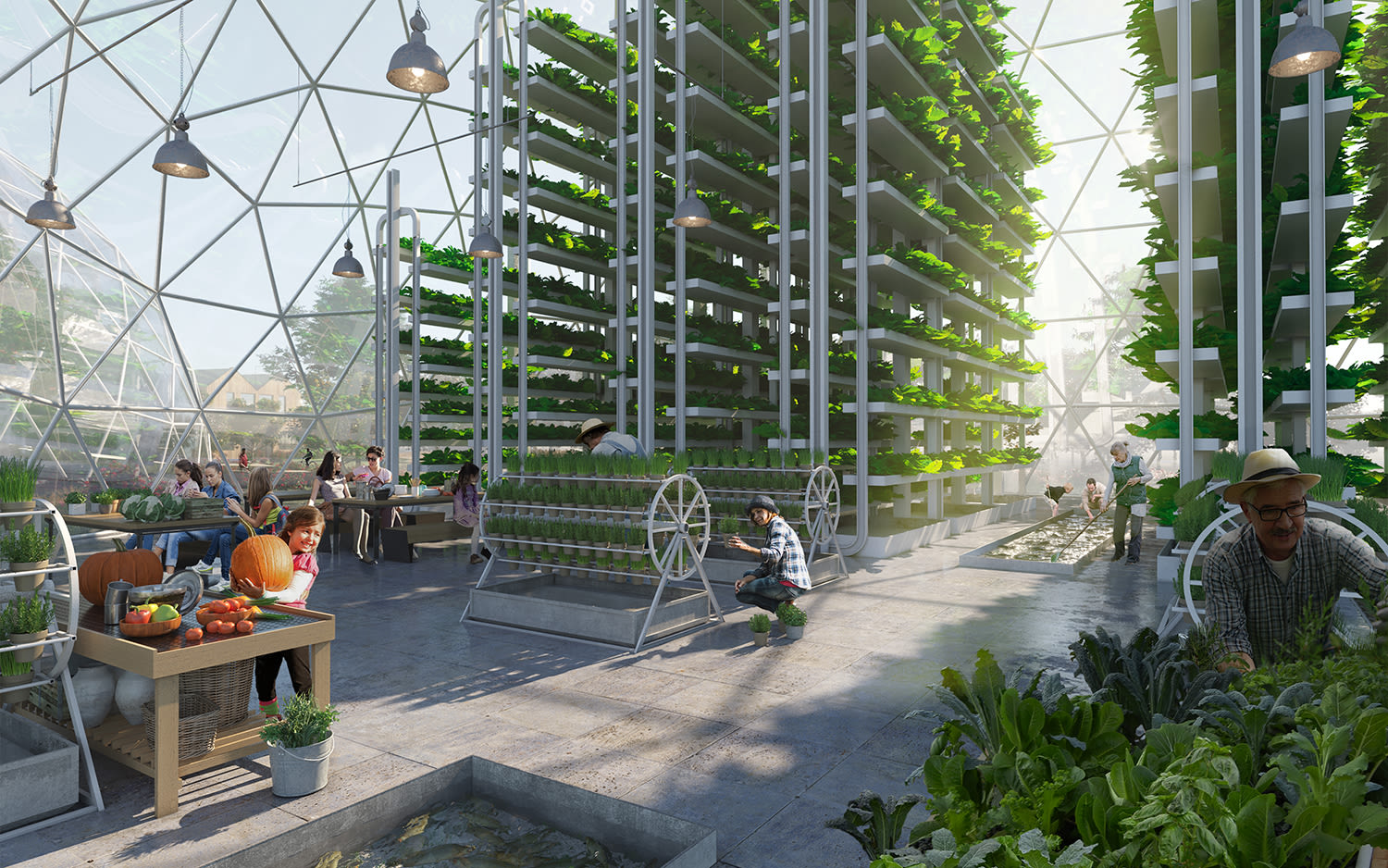Rural vs. Urban Lifestyle
Rural and urban lifestyles are two very different ways of life. Rural areas are characterized by lower population densities, slower pace of life, and closer proximity to nature. Urban areas, on the other hand, are characterized by higher population densities, faster pace of life, and more diversity.
Key differences between rural and urban lifestyles:
- Population density: Rural areas have much lower population densities than urban areas. This means that there are fewer people per square mile in rural areas. As a result, rural areas tend to be more spread out and have more open space.
- Pace of life: The pace of life is much slower in rural areas than in urban areas. This is because there is less traffic, less noise, and fewer people. As a result, people in rural areas tend to have more time to relax and enjoy the slower pace of life.
- Proximity to nature: Rural areas are much closer to nature than urban areas. This means that people in rural areas have more opportunities to enjoy the outdoors, such as hiking, fishing, and camping.
- Job opportunities: Job opportunities are more limited in rural areas than in urban areas. This is because there are fewer businesses and industries in rural areas. As a result, people in rural areas may have to travel to urban areas for work.
- Cost of living: The cost of living is typically lower in rural areas than in urban areas. This is because housing, food, and transportation are all less expensive in rural areas.
- Sense of community: Sense of community is often stronger in rural areas than in urban areas. This is because people in rural areas tend to know their neighbors and be more involved in their community.
Which lifestyle is right for you?
There is no right or wrong answer when it comes to choosing between a rural or urban lifestyle. The best lifestyle for you will depend on your individual preferences and needs. If you are looking for a slower pace of life, more access to nature, and a stronger sense of community, then a rural lifestyle may be a good fit for you. If you are looking for more job opportunities, diversity, and cultural experiences, then an urban lifestyle may be a better fit for you.
Ultimately, the best way to decide which lifestyle is right for you is to try both and see which one you prefer. You may even find that you like the best of both worlds and choose to live in a suburban area, which offers a mix of rural and urban features.
Choosing between a rural and urban lifestyle:
- Your budget: The cost of living is typically lower in rural areas, but you may have to travel to urban areas for work.
- Your job: If you have a specific job in mind, you'll need to make sure that there are opportunities for that job in the area you're considering.
- Your lifestyle: If you enjoy being surrounded by people and activity, then an urban lifestyle may be a better fit for you. If you prefer a more relaxed pace of life, then a rural lifestyle may be a better fit.
- Your family: If you have children, you'll need to consider the schools and other resources available in the area you're considering.
Aspects of rural and urban lifestyles
- The history of rural and urban lifestyles: Rural and urban lifestyles have evolved over time. In the past, most people lived in rural areas, but as societies have industrialized, more and more people have moved to urban areas. This trend is expected to continue in the future, as more and more people migrate to cities in search of better job opportunities and a more diverse lifestyle.

- The impact of rural and urban lifestyles on the environment: Rural and urban lifestyles have different impacts on the environment. Rural areas tend to be more sustainable, as they rely less on energy and resources from outside the community. Urban areas, on the other hand, tend to be more polluting, as they consume more energy and resources.

- The future of rural and urban lifestyles: The future of rural and urban lifestyles is uncertain. Some people believe that rural areas will become increasingly isolated and impoverished, while others believe that they will become more prosperous and sustainable. The future of urban areas is also uncertain, as they face a number of challenges, such as pollution, crime, and traffic congestion.
 Here are some additional questions that could be explored in the article:
Here are some additional questions that could be explored in the article:
- What are the pros and cons of rural and urban lifestyles?
- What are the challenges and opportunities facing rural and urban areas?
- How can we make rural and urban areas more sustainable?
- What is the future of rural and urban lifestyles?
Conclusion
Rural and urban lifestyles offer different experiences and benefits. The best way to decide which lifestyle is right for you is to try both and see which one you prefer.








































